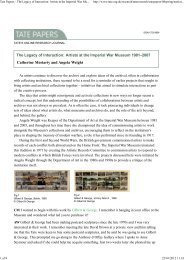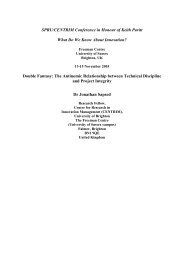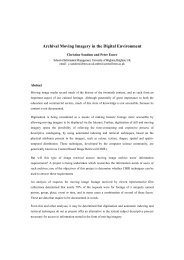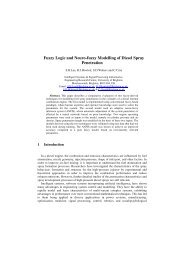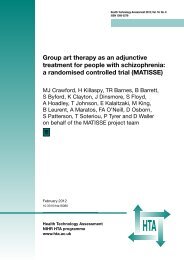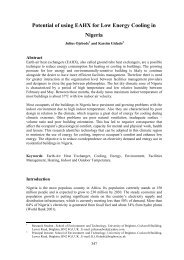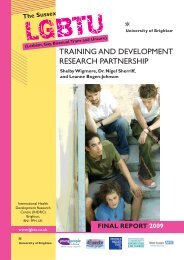TOP TIP - University of Brighton Repository
TOP TIP - University of Brighton Repository
TOP TIP - University of Brighton Repository
You also want an ePaper? Increase the reach of your titles
YUMPU automatically turns print PDFs into web optimized ePapers that Google loves.
Learning Points<br />
✱ Competing priorities and busy workloads can make gaining the<br />
commitment <strong>of</strong> partner agencies difficult. Practitioners working with young<br />
fathers need to be able to explain clearly and explicitly, what the work is<br />
about, and the importance and value <strong>of</strong> engaging with young fathers -<br />
such as demonstrating the tangible benefits for the whole family, not just<br />
the young father.<br />
PROMISING PRACTICE<br />
✱ If young fathers work is to impact on other agencies and local services, it<br />
is essential that raising awareness <strong>of</strong> the work is retained as a central<br />
objective. In the short-term, this may mean workers developing networks<br />
and contacts through a variety <strong>of</strong> means such as visits, presentations,<br />
case conferences, distributing information to agencies about core<br />
objectives and progress, and communicating with those working directly<br />
with parents (e.g. health visitors, ante-natal services, Connexions staff etc). In the longer-term, developing networks and<br />
partnership working may require some workers (with strong support and supervision from line managers) to operate at a more<br />
strategic level. This could involve activities such as attending key meetings to influence strategy (e.g. those relating to teenage<br />
parents, sexual health, Children’s Centres etc), and inviting local services to buy in the expertise gained by working with young<br />
fathers (e.g. <strong>of</strong>fer training to help other agencies become more ‘father-friendly’).<br />
✱ Training courses and conferences for those working with young fathers can be particularly effective ways to develop core skills,<br />
learn about current developments, and network with others who are working with young fathers. Working With Men, Fathers<br />
Direct, and TSA all <strong>of</strong>fer training and conferences around young fathers work.<br />
✱ Joining (or setting up) a regional support network for practitioners working with young fathers can be a valuable way to develop<br />
contacts, access training, and share examples <strong>of</strong> promising practice. Although there are a number <strong>of</strong> projects and agencies<br />
already doing this, most are not. In our research, practitioners said there was a strong demand for the creation <strong>of</strong> such support<br />
networks to support their work with young fathers.<br />
‘SOME OF THE AGENCIES WOULD BE UNFRIENDLY TO START<br />
WITH...THEY DIDN’T SEE THE IMPORTANCE OF THE DAD’S<br />
ROLE – THEY JUST DISMISSED IT.’<br />
Supporting Young Fathers 49



